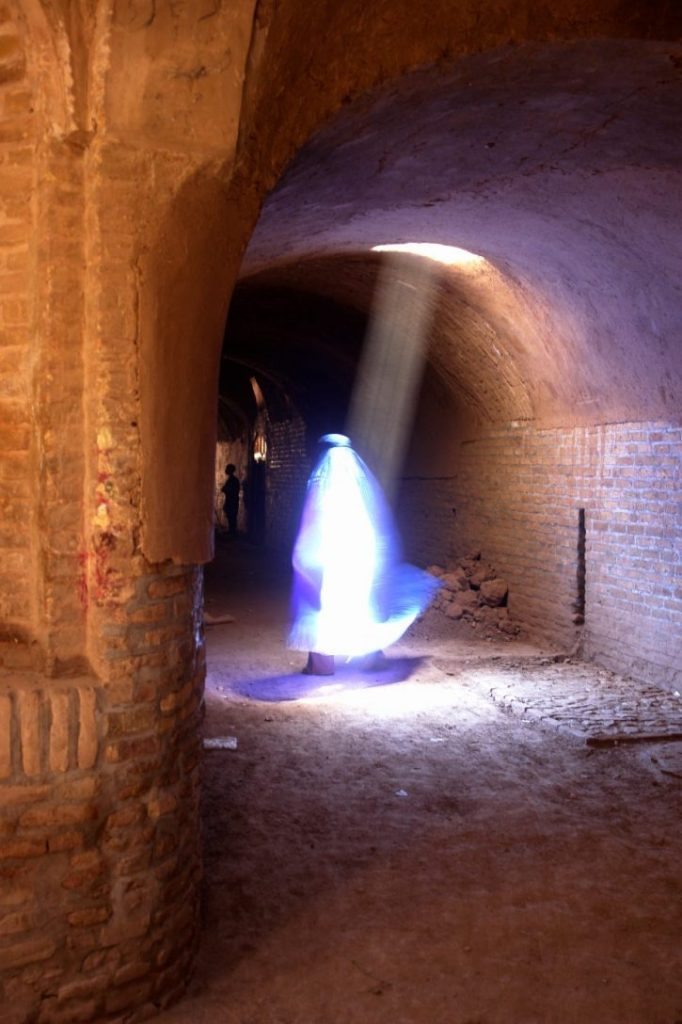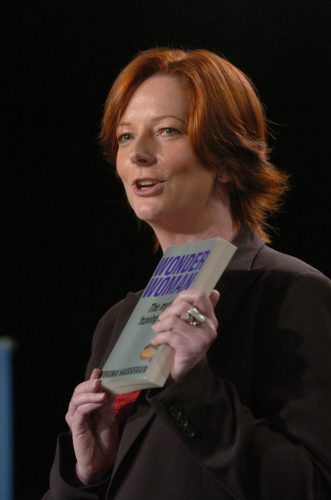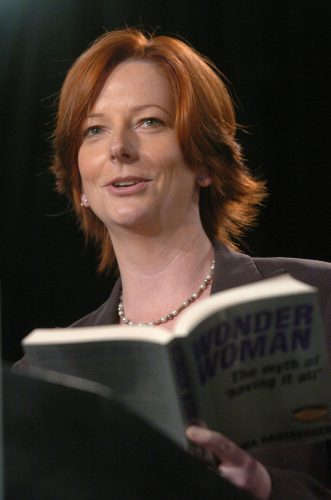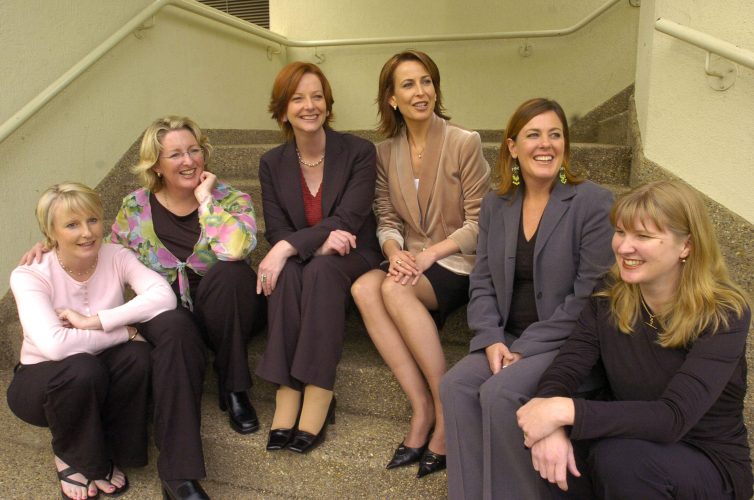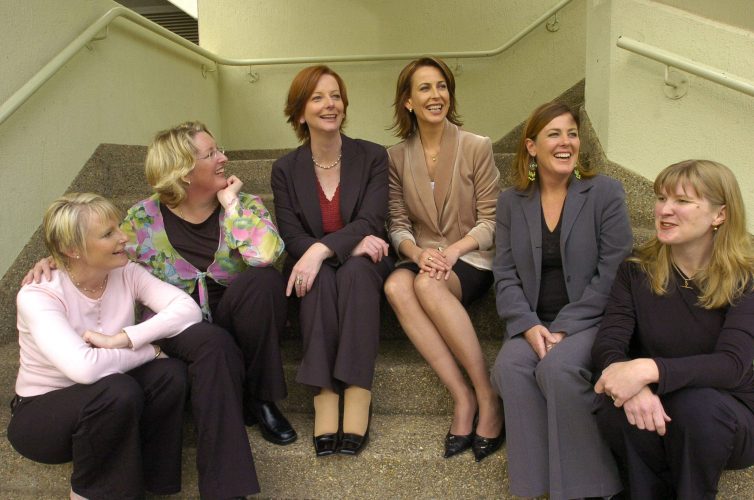Anyone who has witnessed the horror of a charred body and the putrid stench of burned flesh knows how these sights and smells are seared into your psyche. But to witness such horrific injury to the body of a young woman who has purposefully done this to herself – in a desperate attempt to die – is almost too much to bear.
Sydney filmmaker Amin Palangi kept his head down and his eye behind the camera as he filmed shocking scenes of burned young women and girls being treated in Afghan hospitals. Back in 2006, before the rest of the world was prepared to acknowledge that self-immolation by women is on the rise in Afghanistan, Palangi and his Producer wife Sanaz, who both speak Dari, took themselves to Afghanistan and roamed through hospital wards.
The result is the award winning documentary, “Hidden Generation” which traces the plight of women who attempt suicide by setting themselves alight.
Among the worst images are scenes of 26 year old Aarefeh as she is wheeled into a hospital room for examination. The blanket covering her burned body is lifted slightly, revealing a soupy mess of raw flesh spewing from a large cavity around her chest. She cries out and the doctor tells her to “be patient”. Aarefeh’s husband shrugs when asked why he didn’t bring her in earlier, and says he has no money to pay. The doctor then tells the girl to go and “rest for seven or eight days and you’ll be fine”. The next day Palangi films her dead body being bundled into a car.
The despair that drives a woman to burn herself alive is unimaginable to most of us. And while the circumstances of these women’s lives are complex, the reason they do this is quite simple – they’re desperate. So desperate, that even a slow and tortuous death is preferable to life.
But why now? Why are women killing themselves like this in the 21st Century? We know the women of Afghanistan have lived through one of the most brutal regimes in the world, when the Taliban was in power (1996-2001). But the Taliban is not the sole reason for these deaths right now.
When Palangi shot his film four years ago the number of women committing self-immolation had reached almost one a day. But late last year a report by the Canadian Foreign Affairs Department indicated the situation has grown even worse. One hospital alone, in the relatively peaceful province of Herat, reported 80 cases that year of attempted suicide by burning, with most of the women in their early 20’s. The report was suppressed, but after a legal battle a censored version was reported by the Canadian Press last month. It stated, “Self-immolation is being used by increasing numbers of Afghan women to escape their dire circumstances and women constitute the majority of Afghan suicides.”
With women so central to the Afghan story – they’re the first to suffer in war, and have the most to gain from peace – why then are their voices kept silent when the international community is listening?
The London Conference on Afghanistan, held two weeks ago, was a bad omen. All the international players were there, supposedly to thrash out a solution to the ‘Afghan problem’. The war is costing the US, NATO and allies – including Australia – way too much – with nothing in return. The Taliban is getting stronger and the Karzi government increasingly weaker. And yet, despite both the Afghan administration and international donors acknowledging the importance of raising the status of women – in order to help drag Afghanistan out of its feudal and brutally corrupt past – the London Conference failed to make mention of the plight of women at all. President Karzi forgot to mention them, and so too did Britain’s Gordon Brown. There was not one woman included in the Afghan delegation.
When the feisty young Afghan activists, Orzala Ashraf, tried to raise the lack of female inclusion, she reportedly was told “This isn’t ladies business, this is about security”.
And here’s the rub. Security is integral to the lives of Afghanistan’s women. The nation’s future as a functioning democracy is dependent on its ability to integrate women into positions of power and influence. Whilst half the population is kept shrouded, hidden and uneducated, Afghanistan will remain a throwback to brutal and patriarchal times. And women – particularly those outside the major cities – will continue to bear the burden of unrelenting poverty, family violence, and lawlessness.
Yet, we sit mute as the London Conference proceeds, and the talk quickly turns to “reintegration” and “reconciliation” with the Taliban. The conference ended with a commitment of $150 million dollars for Taliban soldiers to receive jobs, land and cash to lay down their arms and stop fighting.
But the Taliban is already winning. So why would they disarm now? And why keep women out of the discussion when searching for a solution? Could it be that – in the end – we just want an out? We know full well that women will be the first victims of a Taliban return to power. But it seems the world has decided that this war against women is too hard to win?
